3137 results for «410»
3137 results
AICT-AsiaPCR 2025 Opening ceremony
10 Oct 2025 – From AICT-AsiaPCR 2025
The AICT-AsiaPCR 2025 Opening Ceremony marked the commencement of the conference's comprehensive program, setting the stage for cutting-edge discussions and advancements in interventional cardiology across the Asia-Pacific region.
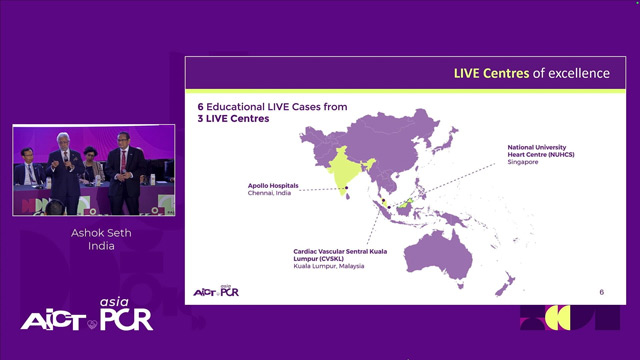
Complex bifurcation interventions
10 Dec 2025 – From GulfPCR-GIM 2025
This session examines complex bifurcation interventions, addressing challenging cases such as isolated Medina 0,0,1 left main bifurcation and imaging-guided trifurcation angioplasty in acute coronary syndromes. It emphasizes strategic approaches and device selection to overcome anatomical complexities, manage complications, and achieve successful outcomes in bifurcation PCI.

Complex CTO interventions - Part 1
10 Dec 2025 – From GulfPCR-GIM 2025
Explore advanced techniques in complex chronic total occlusion (CTO) interventions, featuring IVUS-guided retrograde wire facilitated antegrade approaches, novel multiwire plaque modification for uncrossable in-stent restenosis CTOs, and strategic navigation through challenging scenarios. This session highlights key procedural insights and complication management strategies essential for success in...

Coronary Pot Pourri 1
10 Dec 2025 – From GulfPCR-GIM 2025
This session presents a diverse array of challenging coronary cases, highlighting complex diagnostic and therapeutic dilemmas. It offers practical insights into decision-making for scenarios such as difficult catheterizations, myocardial bridging, and unexpected procedural challenges.

Challenging TAVI cases - Part 1
10 Dec 2025 – From GulfPCR-GIM 2025
Addressing complex TAVI cases, this session focuses on procedural challenges and advanced strategies to optimize safety and outcomes. Topics include high-risk valvuloplasty, management with prosthetic valves, and considerations in patients with valve thrombus.

Vascular interventions for the invasive cardiologist
11 Dec 2025 – From GulfPCR-GIM 2025
This session delivers a comprehensive overview of recent guideline changes in peripheral vascular disease and shares expert cardiologist experiences in various vascular interventions through case-based discussions. It also focuses on recognizing and managing peripheral vascular complications effectively to optimize patient outcomes.
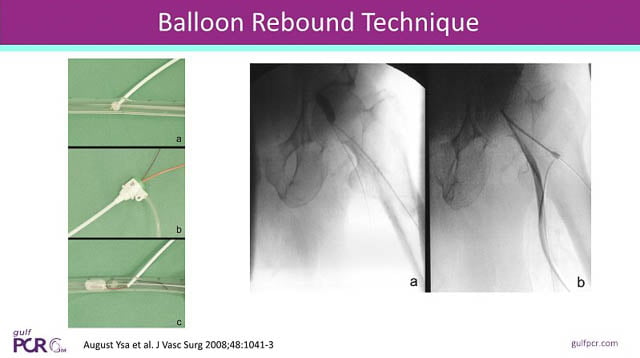
Challenging STEMI scenarios - Part 1
11 Dec 2025 – From GulfPCR-GIM 2025
This session addresses challenging STEMI scenarios with a focus on atypical presentations, complex complications, and advanced management strategies. Through diverse case discussions, it highlights approaches to overcome procedural difficulties, manage large thrombus burdens, and avoid clinical pitfalls in acute STEMI care.
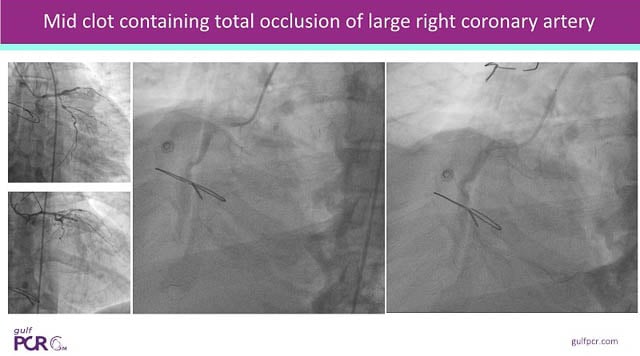
Abstracts session 1
10 Dec 2025 – From GulfPCR-GIM 2025
This abstracts session presents contemporary research and clinical insights in interventional cardiology, covering topics such as colchicine therapy post-stenting, ranolazine use in chronic coronary syndrome, artificial intelligence applications in quantitative coronary analysis, and optimization techniques in transcatheter aortic valve implantation. It also explores novel predictors of...

All things vascular
10 Dec 2025 – From GulfPCR-GIM 2025
This session presents a comprehensive exploration of vascular interventions, highlighting advanced techniques such as retrograde tibial artery approaches for long CTO lesions in the superficial femoral artery, catheter-directed thrombectomy for bilateral pulmonary embolism, and innovative endovascular management of pulmonary haemorrhages in Eisenmenger syndrome. Case reports and...

Calcified lesions: caught between a rock and a hard place
10 Dec 2025 – From GulfPCR-GIM 2025
This session focuses on the challenges of treating calcified coronary lesions, emphasizing the use of intravascular ultrasound (IVUS)-guided rotablation and the limitations of rotatripsy in complex bifurcation angioplasty. It covers innovative strategies including off-label Shockwave lithotripsy in stented lesions, management of calcified nodules, and approaches to...

Imaging to the rescue
11 Dec 2025 – From GulfPCR-GIM 2025
This session highlighted the pivotal role of advanced intracoronary imaging techniques, particularly OCT, in complex case management such as in-stent restenosis and thrombus evaluation. Through real-world cases, it demonstrated how imaging complements physiology to guide therapeutic decisions, including the use of drug-coated balloons beyond native coronary...

Coronary Pot Pourri - 2
11 Dec 2025 – From GulfPCR-GIM 2025
This session presents a diverse range of complex coronary interventions, highlighting advanced techniques and strategies. Topics include the use of ECMO support for high-risk PCI and TAVI in cardiogenic shock, innovative approaches in left main interventions, challenging stent optimisation, and management of patients with combined severe...

Challenging CTO Interventions - Part 2
11 Dec 2025 – From GulfPCR-GIM 2025
This session addresses the complexities of chronic total occlusion (CTO) interventions with a collection of challenging cases employing advanced techniques. Topics include IVUS-assisted recanalisation, hybrid approaches incorporating 3D wiring, retrograde interventions after antegrade failure, and management of procedural complications such as vessel rupture. The session also...

Abstracts - Part 2
11 Dec 2025 – From GulfPCR-GIM 2025
This session compiles recent clinical abstracts addressing diverse topics in interventional cardiology. Highlights include the HYBRID-CTO approach from a prospective case series, the cardiovascular impact of empagliflozin in type 2 diabetes, off-label use of intravascular lithotripsy for resistant in-stent lesions, and experiences with non-hyperaemic pressure ratios...

Innovation and teamwork in structural heart interventions
11 Dec 2025 – From GulfPCR-GIM 2025
This session explores innovations and collaborative approaches in structural heart interventions, focusing on aortic and mitral valve procedures. It addresses procedural indications, challenges, and the evolving roles of non-physician allied professionals. Interactive elements foster knowledge exchange and support the growth of expertise in the structural heart...
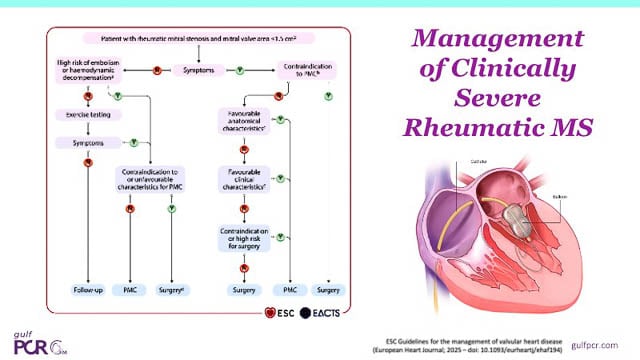
Challenging STEMI scenarios - Part 2
11 Dec 2025 – From GulfPCR-GIM 2025
This session presents complex STEMI cases that highlight the challenges of acute coronary syndrome management, including difficult arterial access, balancing reperfusion with embolization risks, and rare complications such as spontaneous coronary artery dissections. It emphasizes nuanced decision-making in high-stakes clinical scenarios.
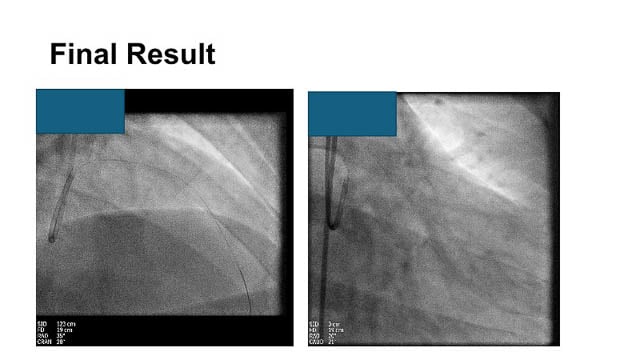
DAPT-SHOCK-AMI trial: Cangrelor in cardiogenic shock
03 Sep 2025
Kalaivani Mahadevan and Fizzah Choudry provide their take on DAPT-SHOCK-MI presented by Zuzana Motovska at ESC Congress 2025 in Madrid.

Author

Author



